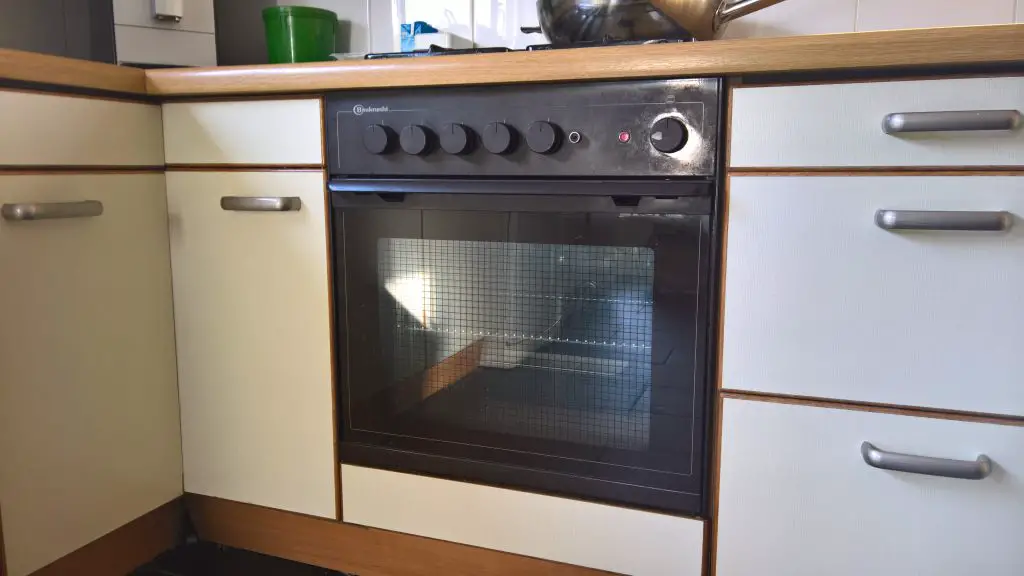When it comes to cooking, the choice between a convection oven vs conventional oven can be a confusing decision. In this detailed guide, we’ll walk you through the differences, advantages, and how to make the best choice for your kitchen.

Table of Contents
Understanding the Basics
What is a Convection Oven?
A convection oven utilizes a fan to circulate hot air around the food, providing even heating and faster cooking. This approach ensures uniform temperature throughout the oven, reducing the risk of uneven cooking.
What is a Conventional Oven?
Unlike a convection oven, a conventional oven relies on stationary heat without the circulation of a fan. This may result in slightly uneven cooking in some cases but is the traditional method for baking and roasting.
Read more articles on convection oven cooking here – Convection Oven: Your Ultimate Guide
Convection Oven vs Conventional Oven: Key Differences
The main differences between a convection oven vs conventional oven lie in their cooking mechanism, efficiency, and results. Here’s a step-by-step breakdown of the differences:
- Cooking Mechanism: Convection ovens use a fan, conventional ovens do not.
- Efficiency: Convection ovens cook faster and more evenly.
- Results: Conventional ovens may provide a better crust for baked goods, while convection ovens are preferred for meats and vegetables.
Choosing the Right Oven for Your Needs
Deciding between a convection oven vs conventional oven depends on your specific needs and preferences. Here’s a step-by-step guide to help you decide:
- Identify your primary cooking requirements and favorite recipes.
- Consider the energy efficiency of each oven type.
- Assess the available space in your kitchen.
- Compare prices and features from different brands.
- Make a decision based on your findings.
Conclusion
In the battle of convection oven vs conventional oven, the choice ultimately depends on your unique needs. By understanding the differences and following the guide provided, you can make a confident decision that enhances your cooking experience.
